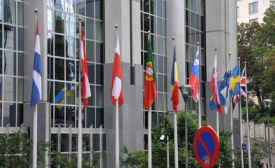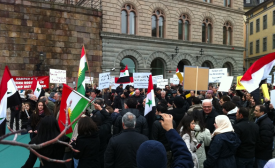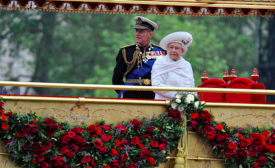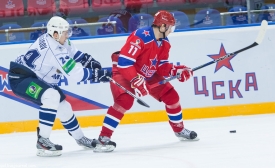Europe

This piece was co-authored by Jan Melissen.
BRUSSELS - European Commission President José Manuel Barroso was right. Had the European Union instead of the United States fallen into partial government shutdown, the world would not have hesitated to use this as an opportunity to berate Europe and its influence as a global leader.

Here’s some news that will probably get buried amid the debates on Syria in the House of Representatives today. The Swedish Migration Board earlier announced that all Syrian refugees will be granted permanent residence. This means that the 8,000 Syrians who have currently been granted asylum on a temporary basis, together with any of the millions of currently displaced Syrians who can make it to Sweden, will be able to settle there and bring their families.

I often say in international relations there six things a country can do: ‘giving, helping, sharing, boasting, shouting, and fighting.’ This fits with Joseph Nye’s classic definition of ‘soft power’ coined in 1990 as ‘the ability to attract and co-opt rather than coerce, use force or give money as a means of persuasion.’ In an ideal world sharing culture and trade is a lot better than firing bullets or giving aid.
Talking to a Chinese taxi driver is always interesting as they know what is rotten in the Middle Kingdom and speak up candidly. Sometimes these conversations are also interesting for students of public diplomacy, especially when concerned with the image and impression of a country.

Writing from Ottawa, the author discusses the soft power benefits of the Russian-led KHL.
Just over two decades after Joseph Nye coined the term “soft power”, Russia is set to officially introduce the phrase into its foreign policy vocabulary at the highest echelon. It was recently announced that, starting in 2013, Russia will jump on to the soft power bandwagon by making the highly demanded concept the focal instrument of its new foreign policy strategy. The development, in keeping with the rich traditions of Russian theater, unfolded in three key acts.
Act I

Before the Olympics, if you'd asked me where the UK would rank in Monocle’s annual "Soft Power" Survey this year, I'd have hoped for a podium finish. After the Olympics...I am proud to find us carrying off the Gold.
The European Union (EU) has long been one of the leading international actors in recognizing the potential of cities as agents of global governance. Fostering a variety of initiatives through the Committee of Regions, which acts as the EU’s assembly of regional and local representatives, Europe has promoted the participation of cities in regional and international governance since its early days.







